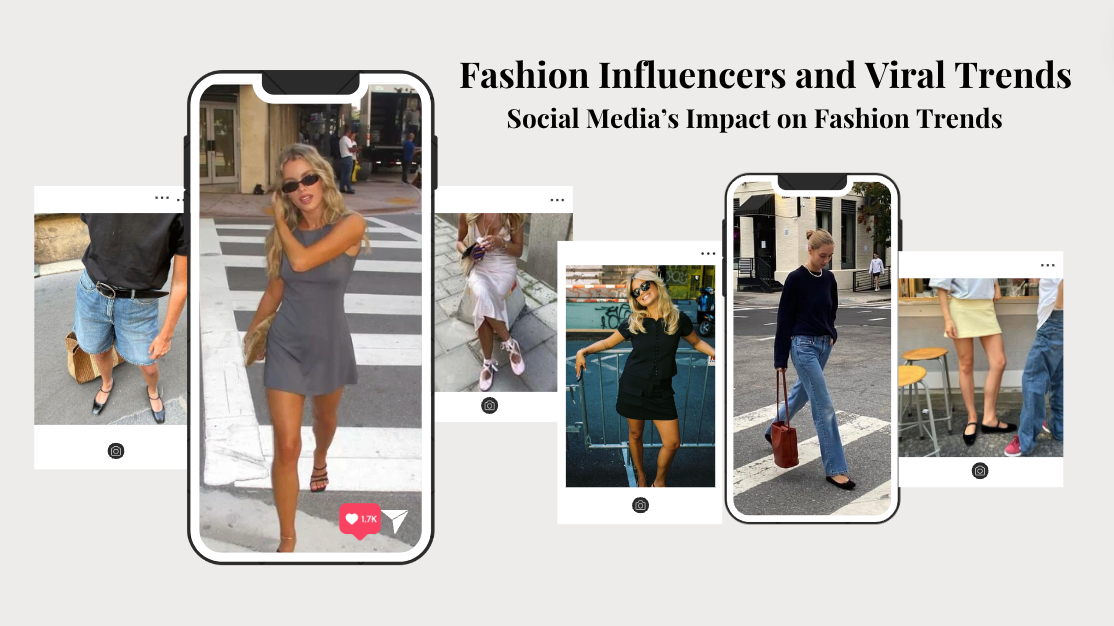Introduction
The digital revolution has turned the world into a stage where tweets can influence trade policies and viral videos can ignite political debates. What was once considered light entertainment is now a powerful mechanism shaping governance, diplomacy, and economic direction. The rise of social media empires has transformed not only how we consume information but also how we decide who leads, who profits, and who gets silenced.
At the heart of this transformation lies a new triangle of power connecting celebrities, politicians, and tech giants. Their intertwined interests are steering global narratives, creating both economic booms and democratic dilemmas in a world ruled by algorithms and engagement.
Tech Giants as the New Political Machines
Platforms once designed for connection now serve as instruments of control. Algorithms, optimized for engagement, have evolved into silent policymakers deciding what content billions of people see. Companies like Meta, X, and TikTok wield more influence over global opinion than traditional newsrooms or parliaments.
This dominance grants tech corporations extraordinary leverage in shaping policy. By lobbying governments, funding research, and moderating narratives, they have turned data control into a geopolitical weapon. Political leaders now negotiate not only with other states but also with social platforms that determine access to the public mind.
Celebrities as Global Amplifiers
In this landscape, celebrities are not just entertainers—they are strategic assets in digital politics. A single post from a global star can alter stock prices, sway elections, or redefine public sentiment. Their voices, amplified by algorithmic reach, carry diplomatic weight and cultural resonance far beyond the screen.
The collaboration between influencers and policymakers has become an emerging form of digital diplomacy. Whether promoting climate action, economic reforms, or international aid, celebrity-driven campaigns shape perception faster than traditional institutions can react. Yet the same influence that empowers can also destabilize when misinformation or political bias enters the equation.
The Economics of Attention and Power
The global attention economy now outpaces traditional industries in value creation. Likes, shares, and views translate into advertising revenue and policy clout. Celebrities leverage this economy to launch brands, fund ventures, and shape markets, while governments monitor these platforms for social mood indicators.
As AI integrates deeper into analytics, predicting public behavior becomes a science. Political strategists employ data from trending content to craft policies and speeches that resonate emotionally. The result is a feedback loop where economic incentives and political agendas merge, blurring the line between governance and marketing.
Global Reactions to Social Media Governance
Countries worldwide are racing to reclaim sovereignty from global tech firms. The European Union’s Digital Services Act, India’s social media compliance laws, and emerging African regulations signal a global desire for accountability. Policymakers are pushing back against algorithmic opacity, demanding clearer data handling and moderation policies.
However, this tug-of-war exposes deeper fault lines. While governments seek control in the name of security, critics warn of creeping censorship and state manipulation. The challenge lies in balancing digital freedom with responsibility—a dilemma with no universal solution.
The Celebrity-Tech Convergence in Humanitarian Crises
Beyond politics, the merger of celebrity influence and technology has proven instrumental in humanitarian efforts. From disaster relief crowdfunding to awareness campaigns on global poverty, digital celebrities are reshaping philanthropy. Their ability to mobilize millions in hours surpasses traditional NGOs in speed and reach.
Yet, as humanitarianism becomes a media spectacle, ethical questions arise. Are causes chosen for visibility or impact? Is global empathy being commodified? The answers reveal the paradox of the modern digital era—where altruism and branding are often indistinguishable.
FAQs
How do social media companies impact global politics?
They control information visibility through algorithms, shaping what people read, believe, and share. This influence indirectly affects elections, diplomacy, and policy-making.
Can celebrity endorsements change government policy?
Yes. When global celebrities champion causes like climate reform or humanitarian relief, they pressure leaders through public opinion, often accelerating policy discussions.
Are governments effectively regulating social media?
Some progress exists, but regulation remains fragmented. Many countries lack the technical expertise or political consensus to enforce comprehensive digital governance.
Is the attention economy sustainable?
It remains profitable but fragile. As audiences grow weary of constant stimulation, platforms face the challenge of retaining engagement without ethical compromise.
Will social media ever become politically neutral?
Unlikely. Algorithms are designed for engagement, not neutrality. Political bias often emerges unintentionally from user behavior and platform design.
Conclusion
Social media’s evolution from entertainment tool to geopolitical force has permanently altered the landscape of global power. The intertwined influence of tech corporations, celebrities, and political leaders defines how societies think, vote, and act.
As the world navigates this new digital order, transparency and accountability must become non-negotiable principles. The future of democracy depends not only on who governs nations but also on who governs the narratives that shape them.

Leave a Reply